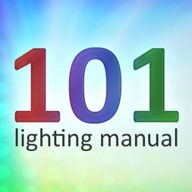While gold contact may be nice, almost nobody uses them in any of the audio products with relay switching I've worked on. Signal relays are often optimised for low current / voltage, but any low cost relay will work just fine for this non critical use.
Switching the power on and off would not be a solution I'd recommend, especially with modern devices. Apart from the mute period each time it is switched on, accidental rapid power cycling can be a real issue. So many devices have SMPS (switch mode power supply) and switching them off then back on soon after effectively bypasses the NTC surge limiter on the mains input, leading to higher than desired current inrush.
The input impedance of the active speakers is usually quite high, even though they are designed to work with 600 Ohm balanced output. Impedance matching with balanced audio these days (the last 15 - 20 years) is not like the old method where the input impedance was really 600 Ohms. Even if you lose a few dB, this application doesn't need a lot of level so it's of no significance.
Switching the power on and off would not be a solution I'd recommend, especially with modern devices. Apart from the mute period each time it is switched on, accidental rapid power cycling can be a real issue. So many devices have SMPS (switch mode power supply) and switching them off then back on soon after effectively bypasses the NTC surge limiter on the mains input, leading to higher than desired current inrush.
The input impedance of the active speakers is usually quite high, even though they are designed to work with 600 Ohm balanced output. Impedance matching with balanced audio these days (the last 15 - 20 years) is not like the old method where the input impedance was really 600 Ohms. Even if you lose a few dB, this application doesn't need a lot of level so it's of no significance.

